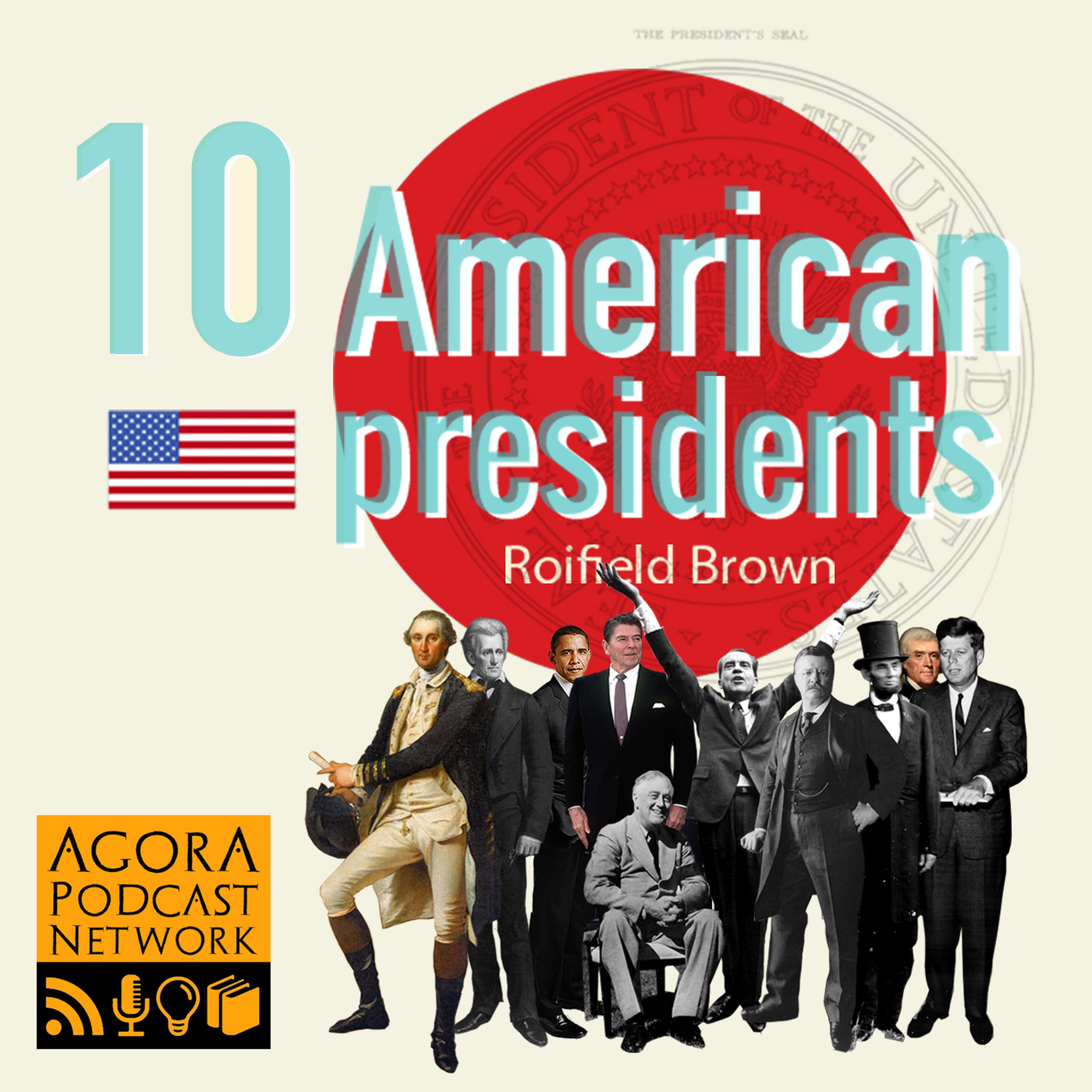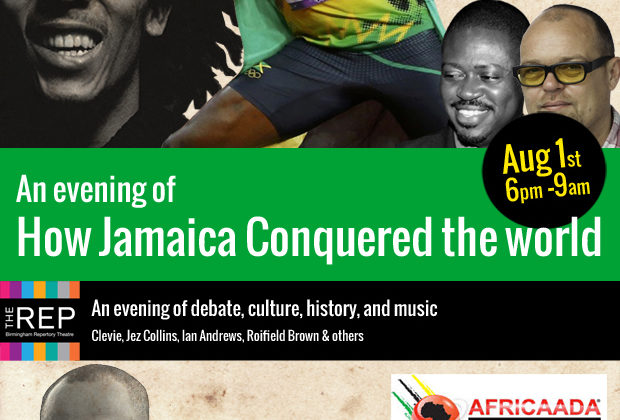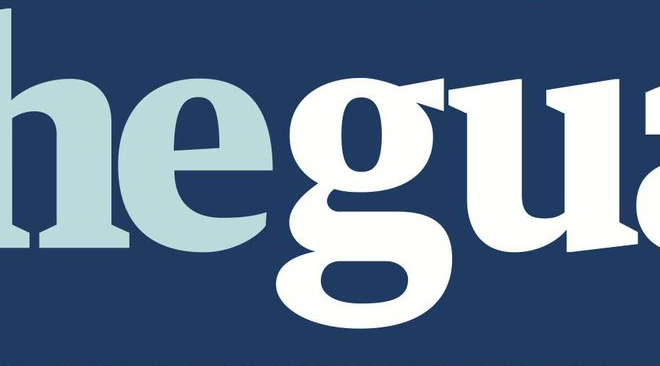
The United States presidential election of 1948 was the 41st quadrennial presidential election, held on Tuesday, November 2, 1948. Incumbent President Harry S. Truman, the Democratic nominee, who had succeeded...
Podcast: Play in new window | Download
The United States presidential election of 1948 was the 41st quadrennial presidential election, held on Tuesday, November 2, 1948. Incumbent President Harry S. Truman, the Democratic nominee, who had succeeded to the presidency after the death of President Franklin D. Roosevelt in 1945, successfully ran for election for a full term against Thomas E. Dewey, the Republican nominee.The election is considered to be the greatest election upset in American history. Virtually every prediction (with or without public opinion polls) indicated that Truman would be defeated by Dewey. The Democratic Party had a severe three-way ideological split, with both the far left and far right of the Party running third-party campaigns. Truman’s surprise victory was the fifth consecutive presidential win for the Democratic Party, the longest winning streak in the history of the party, and second-longest in the history of both modern parties (surpassed only by the Republicans’ six consecutive victories from 1860 to 1880). With simultaneous success in the 1948 congressional elections, the Democrats regained control of both houses of Congress, which they had lost in 1946. Truman’s feisty campaign style energised his base of traditional Democrats, consisting of most of the white South, as well as Catholic and Jewish voters; he also surprisingly fared well with Midwestern farmers. Thus, Truman’s election confirmed the Democratic Party’s status as the nation’s majority party.
Hosted on Acast. See acast.com/privacy for more information.
Related Posts
Categories
Podcasts
Engage me to work on your podcast, view my clients and endorsements here Roifield Brown podcast consultant



